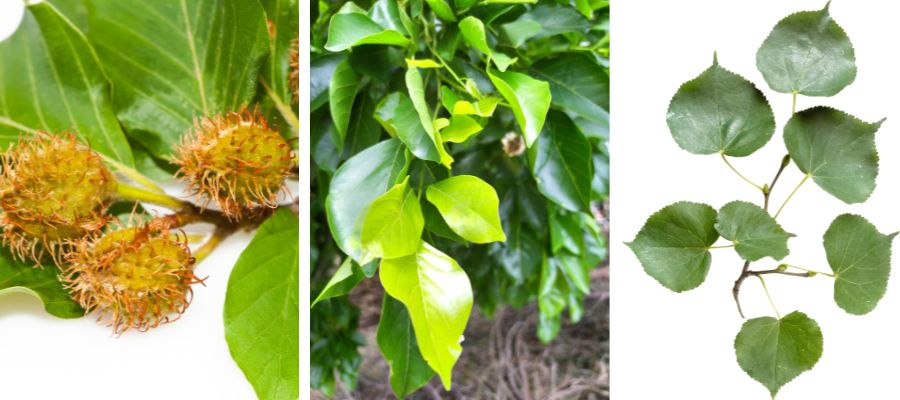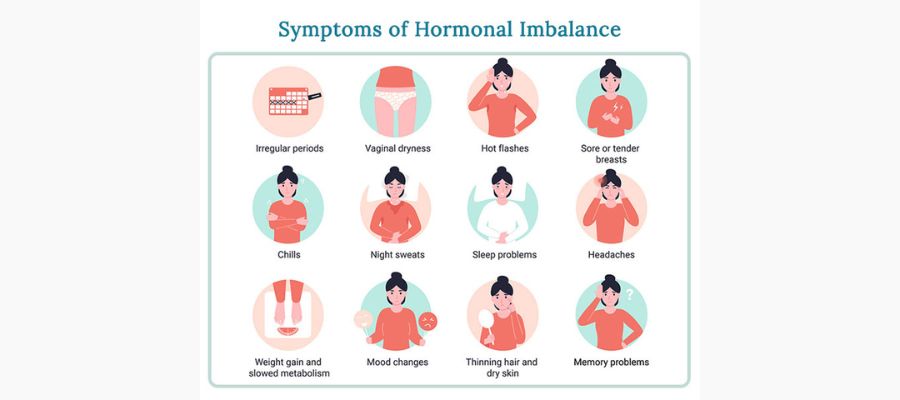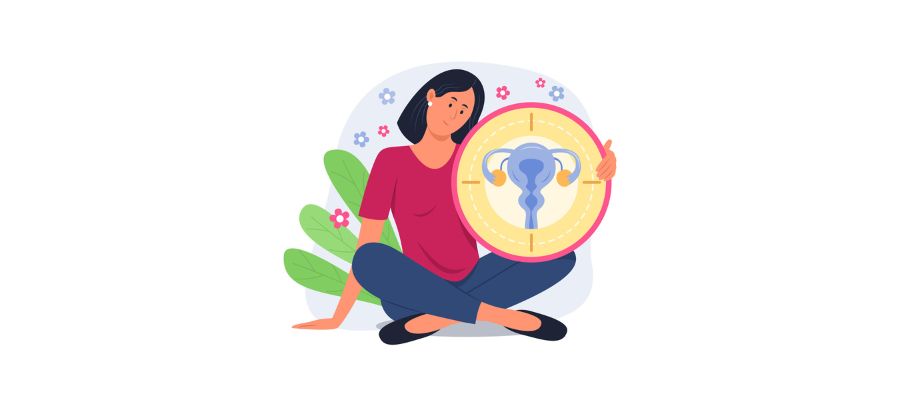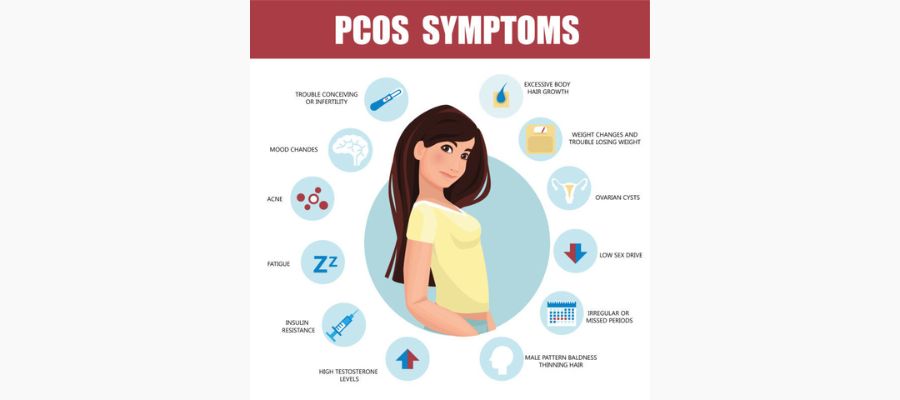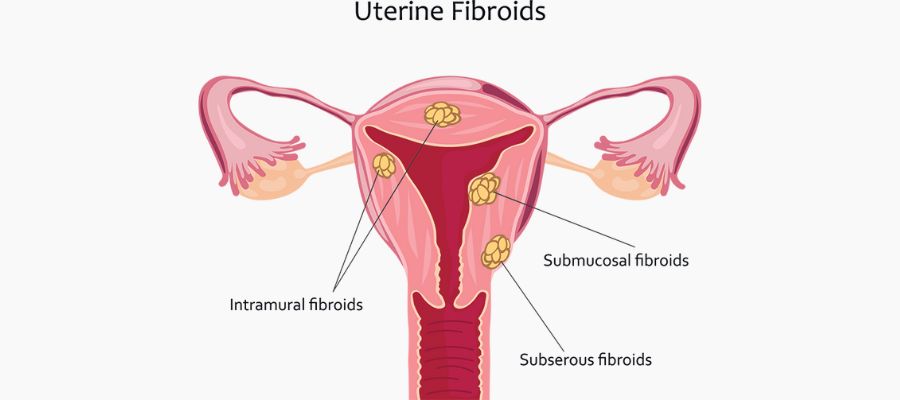
SCIENTIFIC NAME: Cassia angustifolia
HINDI NAME: Swarnapatri, Sonamukhi
ENGLISH NAME: Indian senna, Alexandrian
FAMILY: Fabaceae
SHORT DESCRIPTION
Anthraquinone derivatives are found in Senna leaves. Senna has a pleasantly sweet flavour, is cool in nature, is easy to digest, and serves as a moderate purgative. The plant is believed to reduce vata dosha while increasing pitta dosha in the body. Sarivadyasava and Panchasakar Churna are two major Svaranpatri formulations. Sennosides, which are laxative anthranoid derivatives, are found in the leaves and fruits of Cassia angustifolia and Cassia senna
USES & HEALTH BENEFITS
- Manages constipation
- Aids in weight management
- Manages blood sugar levels
- Kills intestinal worms
- Improves bowel movements
- Natural blood purifier
- Fastens wound healing
- Helps cure haemorrhoids
- Promotes liver health
PRECAUTIONS & SIDE EFFECTS
- Excessive consumption of senna supplements can cause nausea, excessive thirst, diarrhoea and dehydration.
- Advised to take under expert supervision in case of menstruation, pregnancy and breastfeeding.
- Avoid taking senna leaves supplement if you have any kidney disorder, Crohn's disease, abdominal issues or seek expert help.
- Long term and irrational use of senna leaves can cause dependency and liver damage too.
HOW TO USE
- Apply Senna leaf paste to the skin to cure a variety of skin issues such as irritation, blisters, redness, and so on.
- Take ½ tsp senna leaf powder with lukewarm water before going to bed to help with constipation relief and weight control.
- Due to its healing properties, the topical use of Senna leaf paste on the skin aids in the treatment of a variety of skin problems.
- It is best to visit an ayurvedic practitioner, who will analyse the patient's symptoms and propose the appropriate dose.


